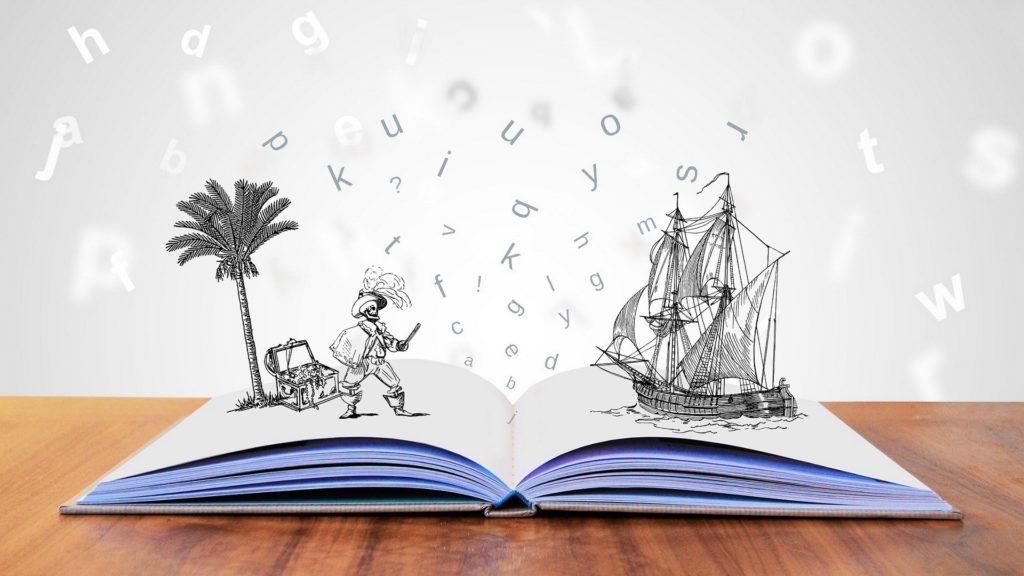High Orality Reliance describes people who prefer to communicate with oral methods instead of relying on written text. It’s how they best receive, understand, remember, and pass on news, important information, and truths. They prefer music, drama, and stories from people they trust in language they understand and terms they use.
80% of the world remains highly reliant on oral communication.1 That is 8 out of every 10 people!
We must be careful not to equate oral with illiterate. Most oral preference learners today know how to read and write. Still, the oral majority can’t, don’t, or won’t use the reading process to communicate or learn. It is the other end of the orality spectrum, opposite LOR people.

- Grant Lovejoy, “The Extent of Orality: The Word Become Flesh,” Orality Journal, no. The Word Become Flesh (2012): 11–40. ↩︎
